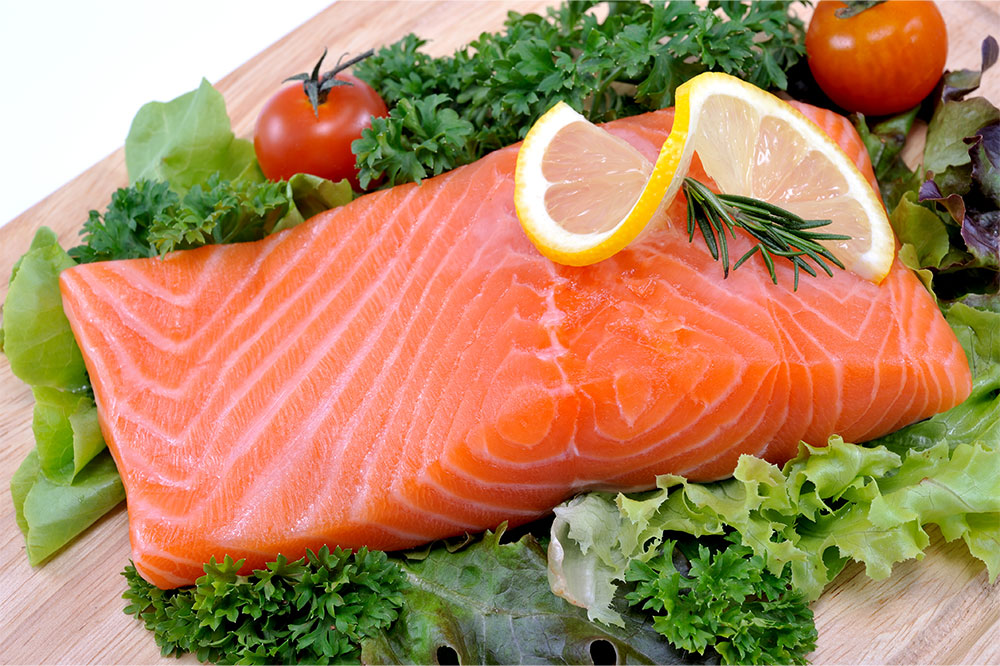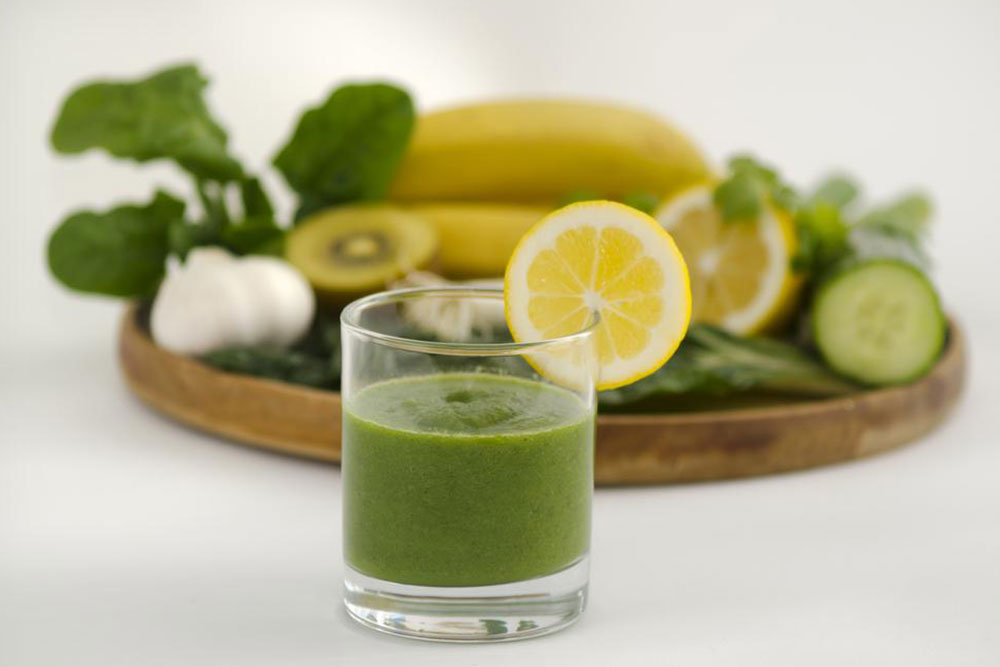Nutritional Strategies to Manage Arthritis Symptoms Effectively
Discover essential dietary guidelines for managing arthritis symptoms. Learn which foods to avoid, such as processed and sugary items, and which anti-inflammatory foods like fatty fish and berries can help reduce joint pain and inflammation. Combining diet with stress management techniques can enhance joint health and overall well-being.

Dietary Guidelines for Arthritis Relief
Arthritis involves joint inflammation and discomfort affecting people across all age groups. With over 100 varieties identified, it is a prevalent condition worldwide, impacting both children and adults. Inflammatory responses in the body can be worsened by certain foods, leading to increased pain, swelling, and risk of complications such as obesity and heart disease. While there is no cure, dietary choices can significantly reduce inflammation and promote healthier joints. Adapting your diet is key to managing symptoms and improving quality of life.
Limiting foods that trigger inflammation is essential for arthritis management. Incorporate anti-inflammatory options like fruits, vegetables, and healthy fats to help reduce pain and protect joint health. Avoid fried foods and processed snacks, which can aggravate inflammation and impair immune function.
Consuming red meats high in saturated fats and omega-6 fatty acids can promote inflammation, so cutting back may help ease symptoms. Sugary foods and refined carbs such as candies, baked goods, and soda also tend to increase inflammation. For gluten-sensitive individuals, avoiding grains like wheat, barley, and rye may lessen joint swelling, especially in autoimmune conditions like rheumatoid arthritis.
For some, dairy may worsen joint pain, especially if allergic or intolerant. Plant-based proteins like nuts, lentils, and tofu are healthier alternatives. Smoking and alcohol have been linked to more severe arthritis symptoms; quitting is advisable to prevent further health issues.
On the positive side, foods rich in omega-3 fatty acids, including fatty fish like salmon and mackerel, can help reduce joint inflammation. Extra virgin olive oil, with its anti-inflammatory compound oleocanthal, supports joint function. Legumes, especially soybeans, offer high-quality protein and aid tissue repair.
Chemical compounds like anthocyanins in cherries and berries (blueberries, raspberries, blackberries) help decrease inflammation and gout attacks. Broccoli contains sulforaphane, vitamin K, and C, which may slow arthritis progression. Green tea’s antioxidants diminish inflammation, while citrus fruits provide vitamin C for immune support. Beans contribute essential nutrients for muscle and immune health. Always consult healthcare providers for personalized advice, and consider reducing nightshade vegetables to potentially lessen symptoms.
Combining a healthy diet with stress reduction methods such as meditation, yoga, and controlled breathing can improve joint function and lessen pain. Lifestyle modifications and dietary management go hand in hand to optimize joint health and quality of life.


